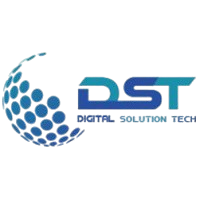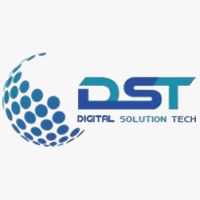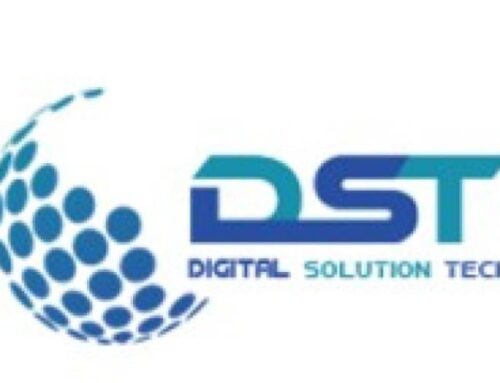In today’s fast-paced digital landscape, businesses face increasing challenges to capture attention, engage audiences, and drive meaningful outcomes. Marketing strategies are evolving rapidly, requiring innovative approaches to remain competitive. Smarter marketing isn’t merely a trend but a necessity, leveraging data, technology, and creativity to achieve smarter results. This blog speaks about Smarter Marketing for Smarter Results.
Understanding Smarter Marketing
Smarter marketing emphasizes data-driven decision-making, personalized customer experiences, and efficient resource utilization. It transcends traditional techniques, integrating technology to enhance engagement and deliver measurable outcomes. The approach enables brands to connect with their audience authentically while maximizing return on investment (ROI).
The concept relies heavily on advanced analytics, artificial intelligence (AI), and automation. These tools analyze vast amounts of data, uncover patterns, and predict behaviors, enabling marketers to tailor their campaigns effectively. This personalization fosters stronger connections, leading to increased loyalty and higher conversion rates.
The Role of Data and Insights
Data forms the foundation of smarter marketing. Every click, interaction, and purchase generates information that, when analyzed, reveals customer preferences and trends. Insights derived from data enable businesses to refine strategies, target the right audience, and anticipate needs.
Predictive analytics plays a significant role in smarter marketing. It identifies potential outcomes and equips businesses with the ability to act proactively. For instance, customer segmentation based on purchasing habits allows for tailored offers, ensuring relevance and improving engagement rates.
Automation: Efficiency Redefined
Automation streamlines repetitive tasks, saving time and reducing errors. Marketing automation tools handle email campaigns, social media posting, and lead nurturing efficiently. These platforms not only optimize resource allocation but also provide valuable metrics to measure campaign effectiveness.
Additionally, chatbots enhance customer service by offering instant support. Their integration with smarter marketing strategies boosts customer satisfaction, strengthens relationships, and drives conversions. Automation empowers teams to focus on strategy, creativity, and innovation.
Personalization: A Cornerstone of Success
Modern consumers demand personalized experiences. Generic messages often fail to resonate, making tailored content a necessity. Smarter marketing thrives on delivering the right message to the right audience at the right time.
Personalization involves understanding customer preferences, behaviors, and needs. AI-driven tools analyze this data to create customized content, advertisements, and recommendations. By addressing individual pain points, brands foster trust and build long-term relationships.
The Power of Multichannel Marketing
A smarter marketing strategy recognizes the importance of engaging customers across multiple touchpoints. Multichannel marketing ensures consistency in messaging while reaching audiences on their preferred platforms. Whether through social media, email, or search engines, an integrated approach enhances visibility and strengthens brand recognition.
For example, a consumer might discover a brand through a social media ad, explore products on the website, and complete a purchase via a mobile app. Seamless transitions between these channels ensure a smooth journey, increasing the likelihood of conversion.
Measuring and Optimizing Results
Smarter marketing focuses on measurable outcomes. Advanced analytics tools track performance metrics, offering insights into campaign success. Key performance indicators (KPIs) such as conversion rates, click-through rates, and customer lifetime value provide actionable data for optimization.
Continuous improvement lies at the core of smarter marketing. Testing different approaches, analyzing results, and adapting strategies ensure campaigns remain effective. This iterative process not only refines tactics but also keeps businesses ahead of the competition.
Challenges and Solutions
While smarter marketing offers numerous benefits, it presents challenges such as data privacy concerns and technological complexities. Adhering to regulations like GDPR and implementing secure practices address privacy issues. Investing in training and robust tools mitigates technological hurdles, ensuring smooth integration and execution.
visit us : https://digitalsolutiontech.com/






Leave A Comment